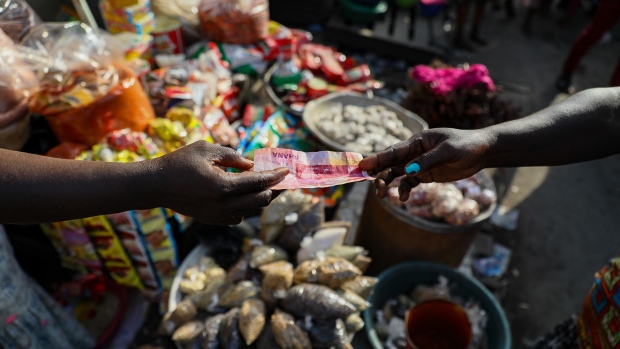Ghana is projected to experience an average inflation rate of 19.5% in 2024, according to the International Monetary Fund (IMF).
In its World Economic Outlook, the IMF also forecasts a 15% end-of-year inflation rate for the country.
Looking ahead to 2025, the IMF expects a notable decline in inflation, estimating an average rate of 11.5%. This decrease is anticipated to ease the cost of goods and housing, ultimately boosting consumer spending and aggregate demand.
Furthermore, the IMF predicts that the end-of-year inflation in 2025 will drop to 8.1%, marking the lowest level since 2019. The October 2024 Regional Economic Outlook highlights that with continued policy adjustments, inflation is expected to maintain its downward trend.
“The regional GDP-weighted headline inflation is projected to decline substantially, from 18.1% in 2024 to 12.3% in 2025, with significant decreases in Angola, Ghana, and Nigeria”.
“Median inflation will decline slightly, from 4.7% to 4.5%. However, inflation will remain substantially higher in oil exporters than in the rest of the region,” it added.
Inflation in Ghana rose to 21.5% in September 2024, up from 20.4% in August, according to data from the Ghana Statistical Service (GSS).
This increase occurred just days after the Bank of Ghana announced a significant 2.0% reduction in its benchmark Monetary Policy Rate (MPR), marking the largest cut in six years.



